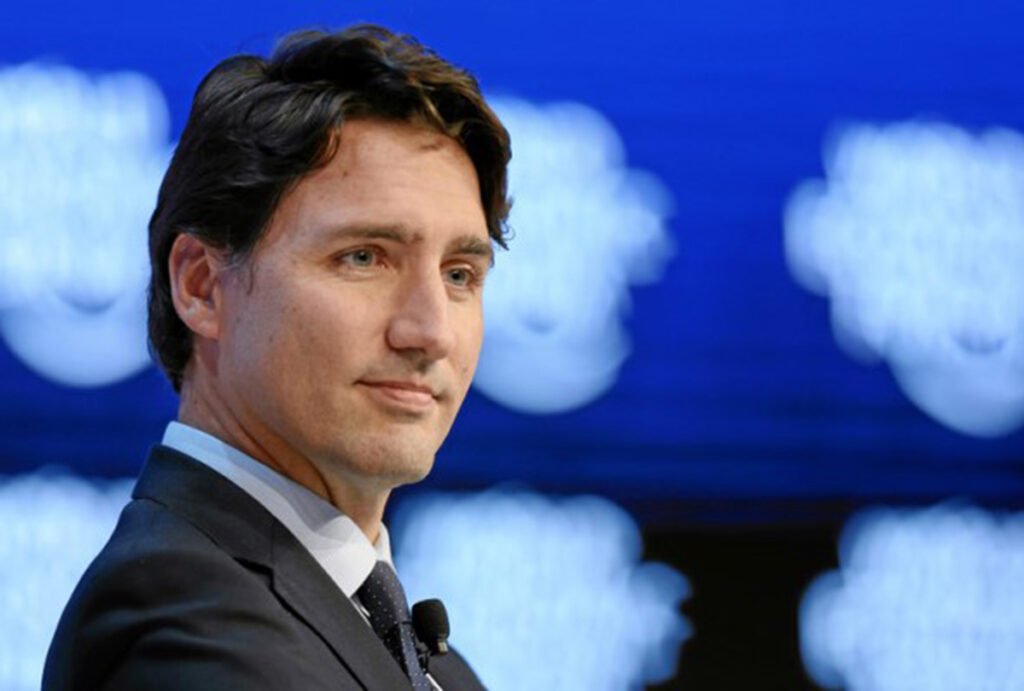
In the face of heavy opposition from Canada’s premiers to Prime Minister Trudeau’s carbon tax, one might have hoped that the prime minister would moderate some of his government’s extreme climate policies. But alas, on a recent swing through Alberta, he threw cold water on any hope of moderation.
When asked in a meeting with a who’s who of Alberta’s energy sector if he might drop the forthcoming cap on greenhouse gas emissions specific to the oil and gas industry, Trudeau reportedly replied “not a chance.” That’s a shame, because it was an opportunity for Canada (and Alberta) to dodge another bullet aimed at its economic heart, and an opportunity to reduce some of the rancor between the West and Ottawa.
And in fact, there are many good reasons to drop the GHG cap.
In a recent report, the Conference Board of Canada estimated oil and gas production cuts due to the cap would lead to a permanent decline in Canada’s real GDP of between 0.9 per cent (the report’s most likely outcome) to 1.6 per cent (its least likely outcome) relative to the baseline in 2030. Which means a loss of $22.8 billion to $40.4 billion in 2012 dollars. In Alberta, real GDP by between 3.8 per cent and 6.7 per cent (or $16.3 billion to $28.5 billion). These are devastating impacts, hand-waved away by the prime minister.
Moreover, the report estimates total employment declines nationally by between 82,000 and 151,000 in 2030. A large part of this unemployment will land in Alberta where the report estimates total employment in the province would decline by between 54,000 and 91,500 jobs. And between 2030 and 2040, employment in Alberta will be between 66,300 and 102,600 lower per year (on average). Again, these are huge economic damages disregarded by the prime minister.
Lastly, as shown in a 2023 study published by the Fraser Institute, even if the proposed cap achieved the emissions reductions government predicts, the reduction would equal four-tenths of one per cent of global emissions, a reduction unlikely to have any impact on the climate in any detectable manner, and hence, to offer only equally undetectable environmental, health or safety benefits.
The Conference Board report, and other studies of the likely high costs and non-existent climate benefits of the pending cap on oil and gas emissions, would offer cover for the prime minister if he backed away from what’s clearly an ill-considered climate policy poised to wreak massive economic harms to Canada, particularly in the West. Apparently, however, he’s unwilling to acknowledge reality and change course.
Share This:




